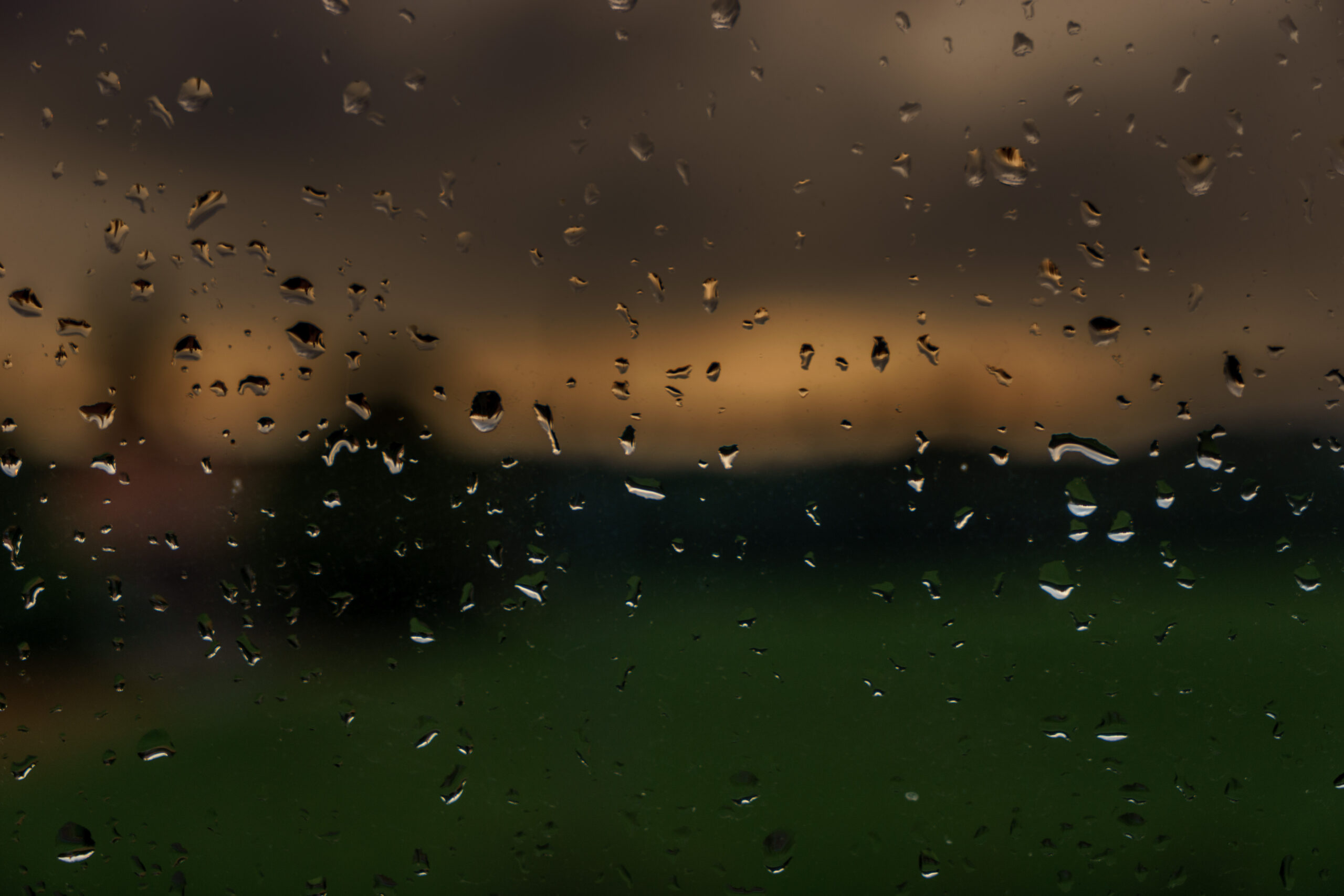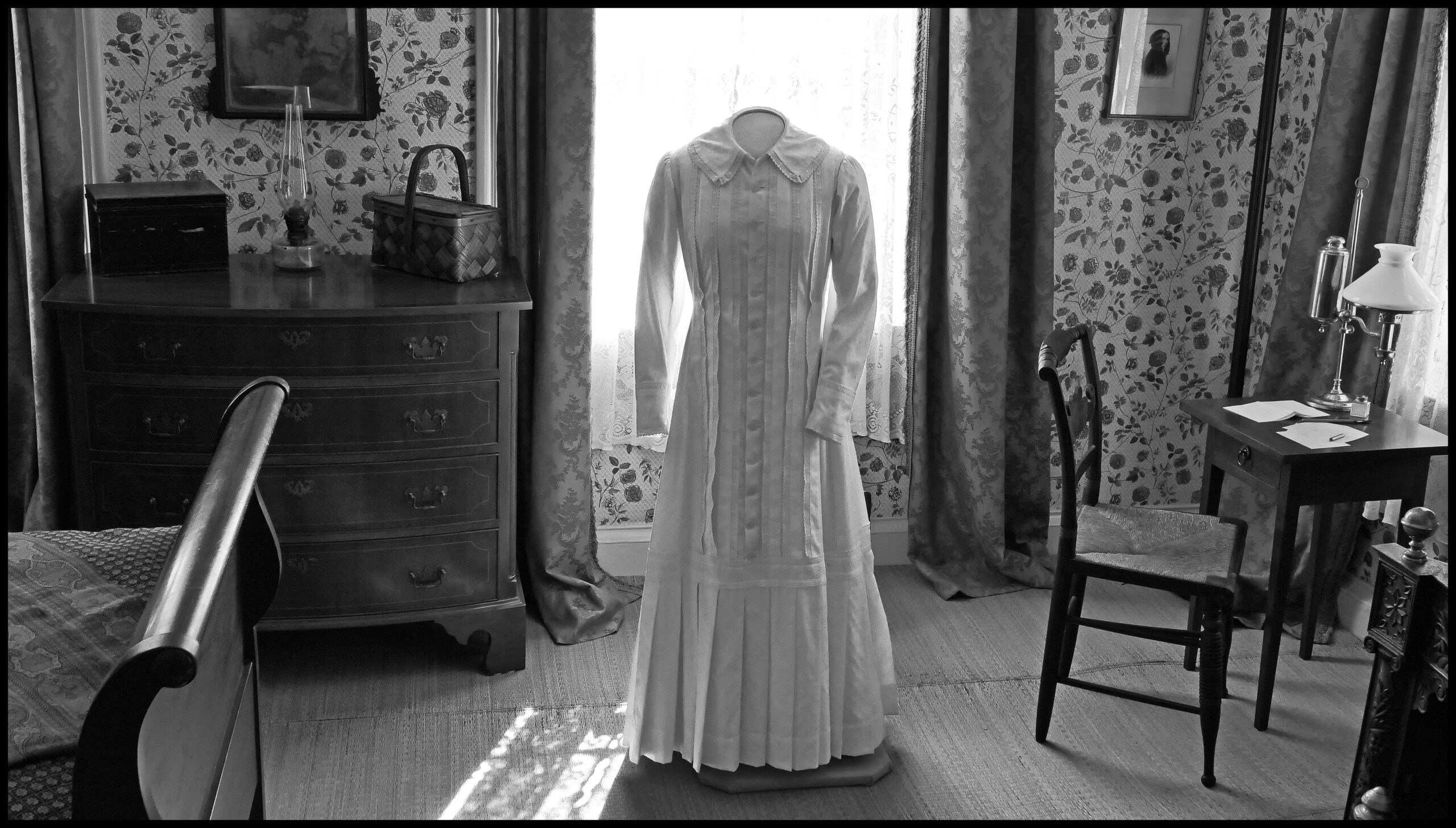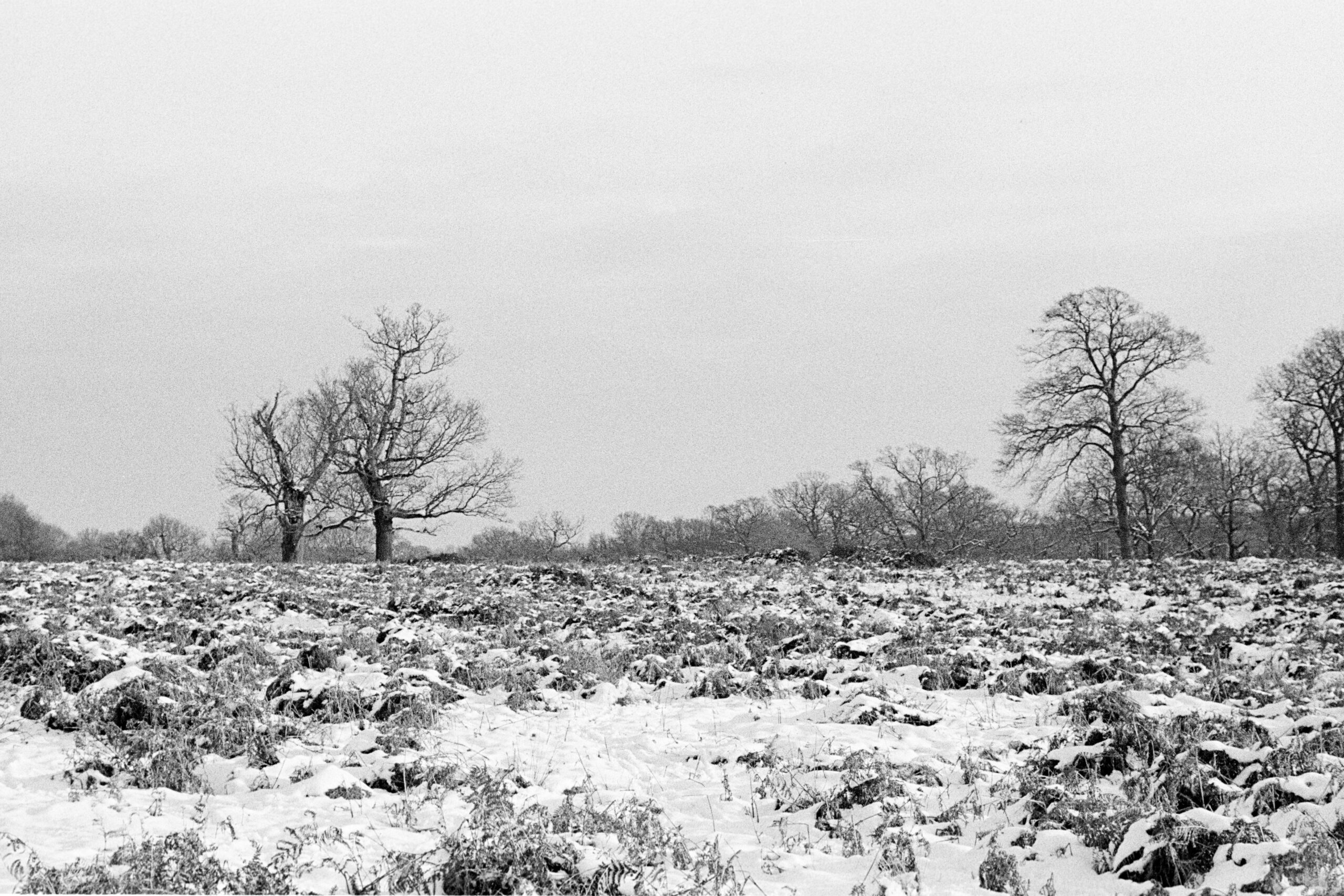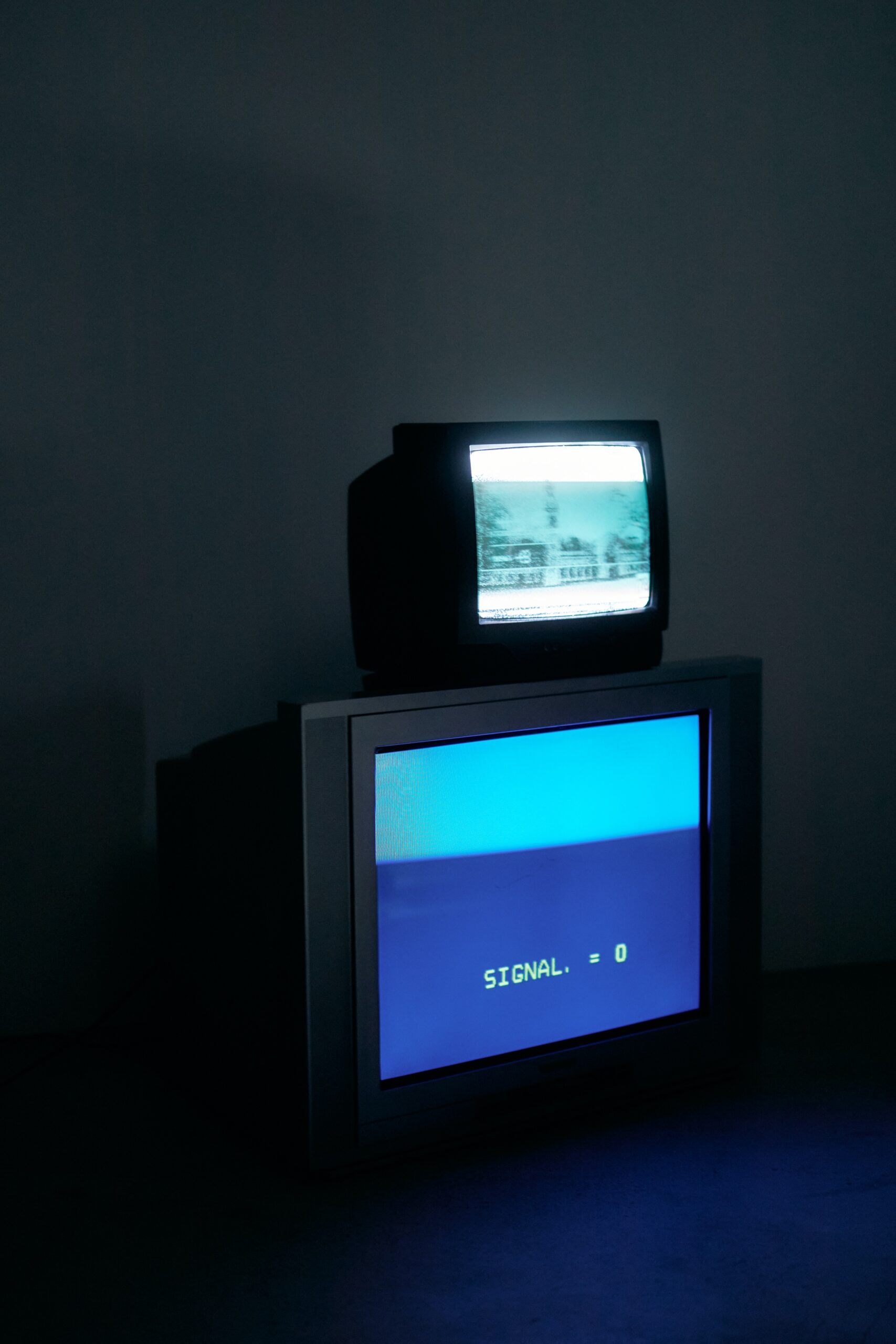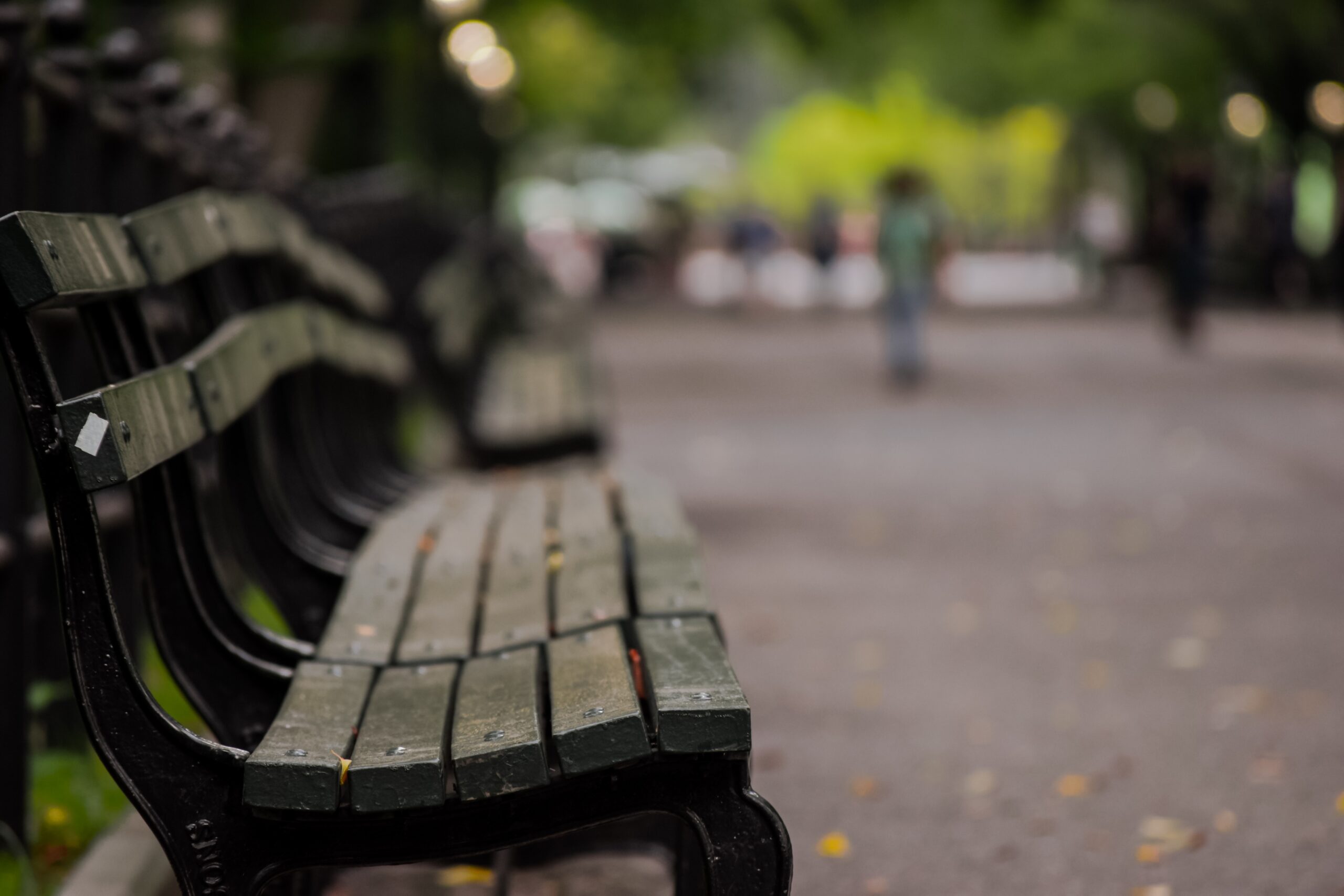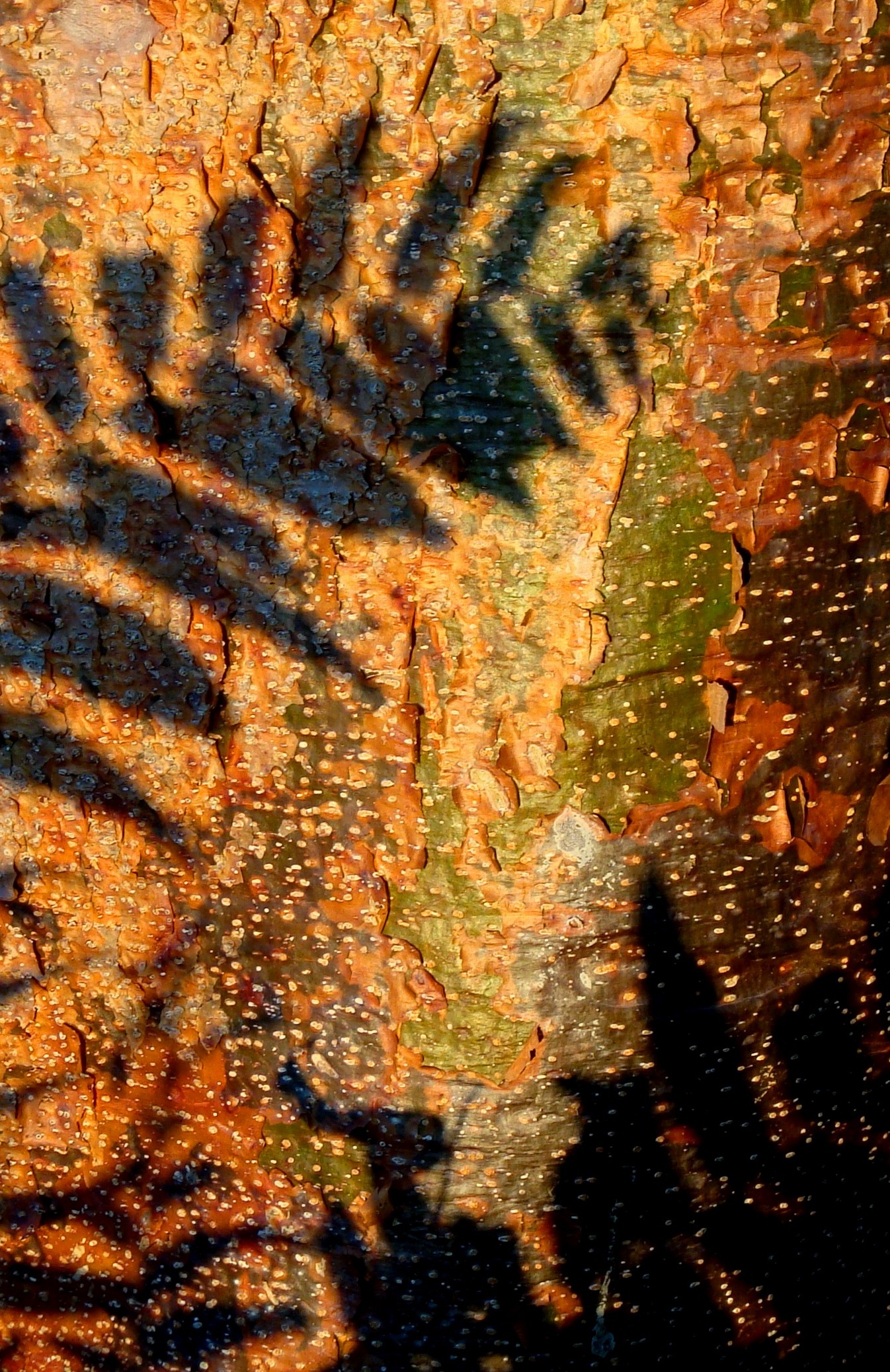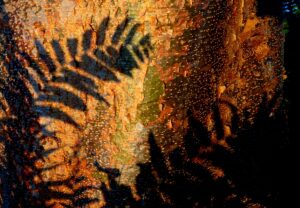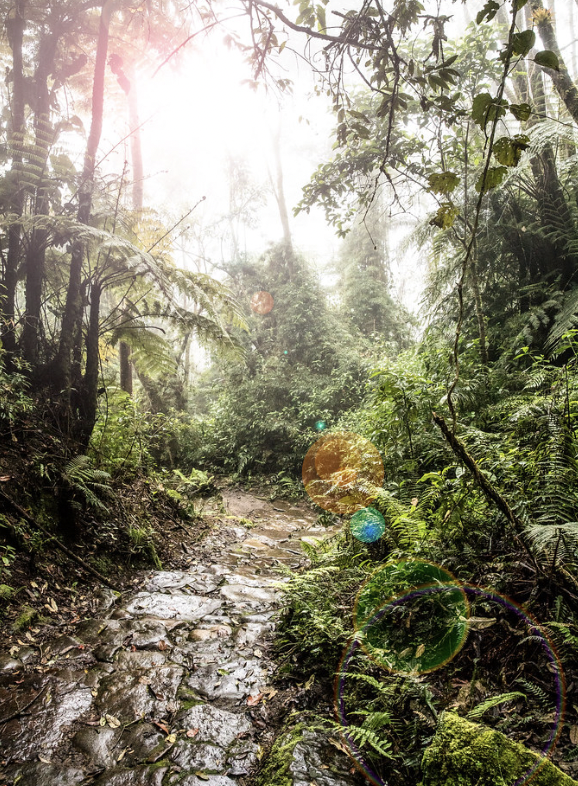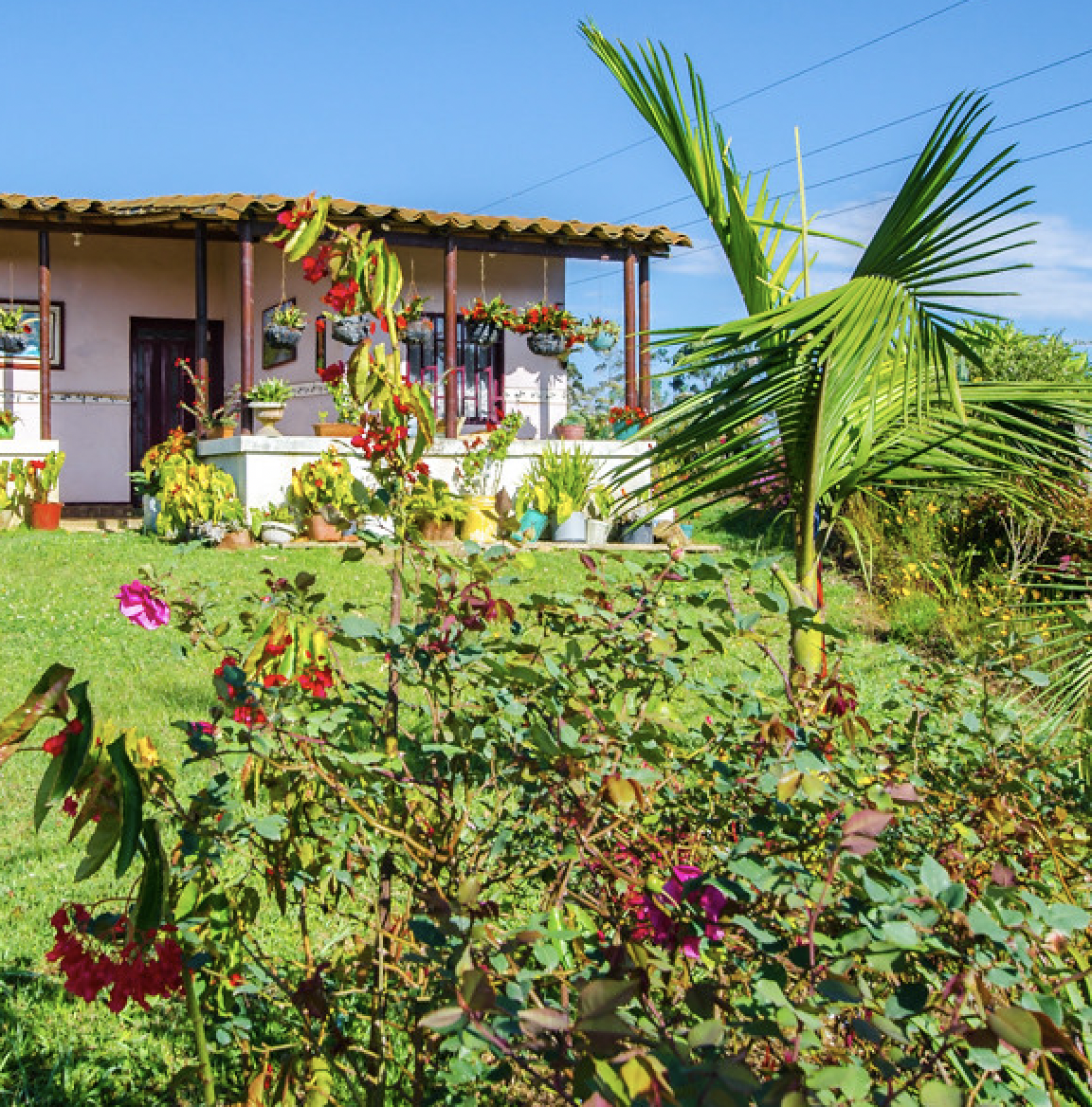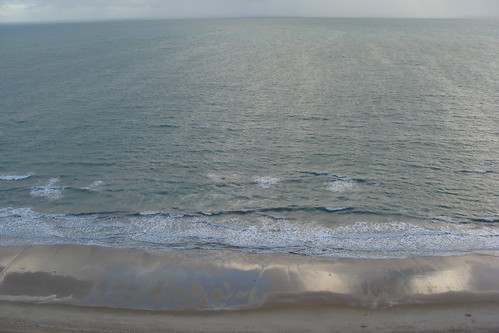Poems by JUAN DE DIOS GARCÍA
Translated from the Spanish by CORY STOCKWELL
Poems appear below in both English and Spanish.
Translator’s Note
Moments are the most intimate of entities. If I had to distill Juan de Dios García’s already vast body of work into a single line, a single thought, it would be this one. The relevance will be clear for the two poems published by The Common, site-specific prose poems taken from a longer series all having to do with places in García’s native Cartagena, Spain. It is a commonplace that poems capture moments, but how to achieve this at a time when places come more and more to resemble one another, and moments, as a result, seemingly lose their attachments to specific sites? For García, the answer does not lie in the obvious gesture, which would be to try to arrest the site in time—to describe it in detail, to focus on its qualities and characteristics, to insist on its uniqueness. On the contrary: what defines a site, for García, is a sort of double insistence, an insistence on two claims that seem—but only seem—to contradict one another: anything could happen at this site; this could only happen at this site. When writing of a poetry reading at the Mister Witt Café in the poem of this name, García is undoubtedly recalling a specific evening, a specific reading, a specific poet who has entered into an almost rapturous state. And yet everything is entirely different for me when, the next day, in the wake of this poet who is at once elusive and resolutely public, I have my morning coffee at this very café, not inside (in the décor that would seem to evoke a certain Chinese pavilion in Lisbon) but on the terrace, or rather—since there is no terrace to speak of, only sleek tiles that blend into the tiles that make up the street of this coastal city in which all distinctions between inside and outside become untenable—at a table placed almost haphazardly near the door. The same goes for the Parque de la Rosa, through which I stroll later that day, under an unfortunate wide-brimmed hat: there is no strange woman who sees me cry, who strokes my skin and sees in me things that I cannot see myself; there is, however, a small black dog who hurtles toward me unthreateningly, playfully, veering off at the last minute toward a young couple whose scent he has picked up. It almost goes without saying that to translate these poems—to pass through the haunts of this poet—is in no way to betray them, but simply to add another layer to what they have already expressed, another moment to the moment they give forth; it is to locate a meaning that can only belong to these places and can only be completely different from all the meanings that came before. Moments, for Juan de Dios García, are the most extimate of entities.
— Cory Stockwell
